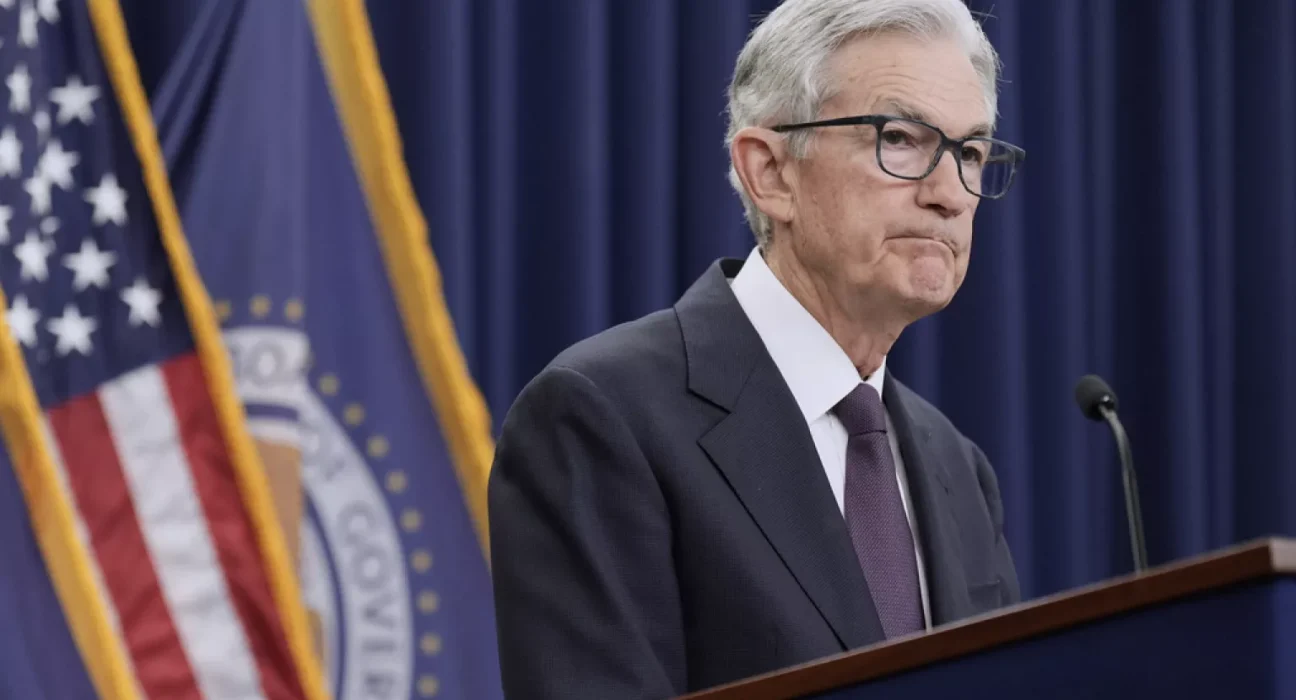The United States Federal Reserve is facing increasing pressure to reduce interest rates as economic uncertainties deepen, largely fueled by ongoing threats of tariffs from former President Donald Trump. Market analysts and financial experts are closely watching the central bank’s next moves, anticipating that a rate cut could help cushion the American economy against the potentially disruptive impact of prolonged trade tensions.
Since Trump’s initial announcements of tariffs on key trading partners, global markets have experienced heightened volatility. Investors remain cautious, fearing that sustained trade disputes could slow down economic growth and disrupt supply chains. This has placed the Federal Reserve in a difficult position as it balances the risk of inflation with the need to support economic stability.
Reports from financial institutions highlight that inflation rates in the US have remained relatively moderate, yet the looming threat of tariffs is contributing to an atmosphere of unpredictability. The Fed’s decision to possibly lower interest rates aims to encourage borrowing and investment, thereby stimulating economic activity amid the trade policy uncertainties.
The ripple effects are not just felt in the US. Nigeria and other emerging markets watch closely, knowing that shifts in US monetary policy and trade dynamics can influence global financial flows and commodity prices, which are critical to their own economic health.
As pressure mounts, the Federal Reserve’s upcoming policy announcements will be pivotal. Market participants, both in the US and internationally, will be keenly observing whether the Fed opts to act decisively to mitigate risks posed by the trade dispute or maintain its cautious stance amid mixed economic signals. The outcome will undoubtedly have far-reaching consequences for global trade and financial markets.
